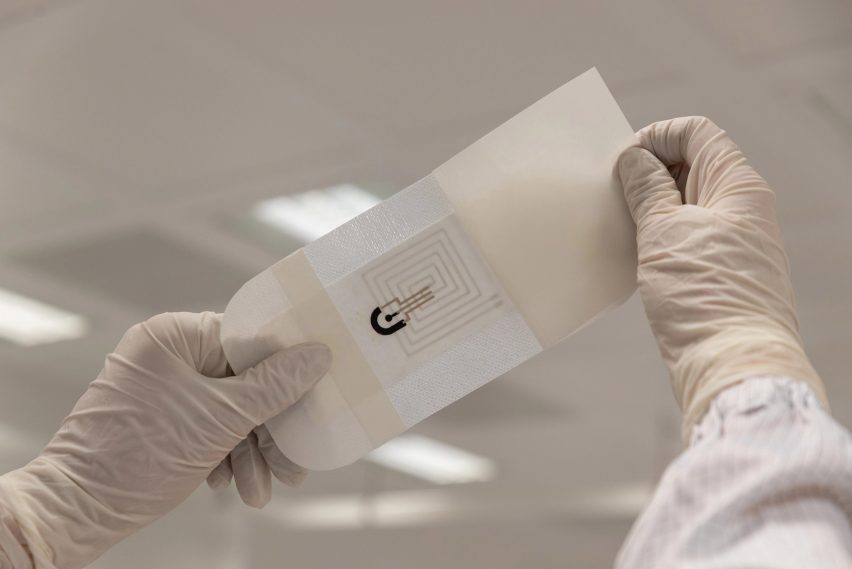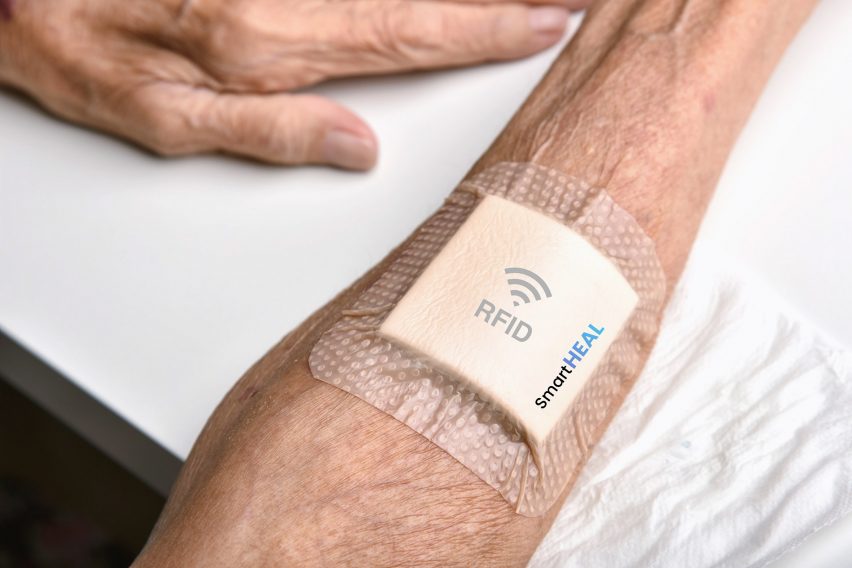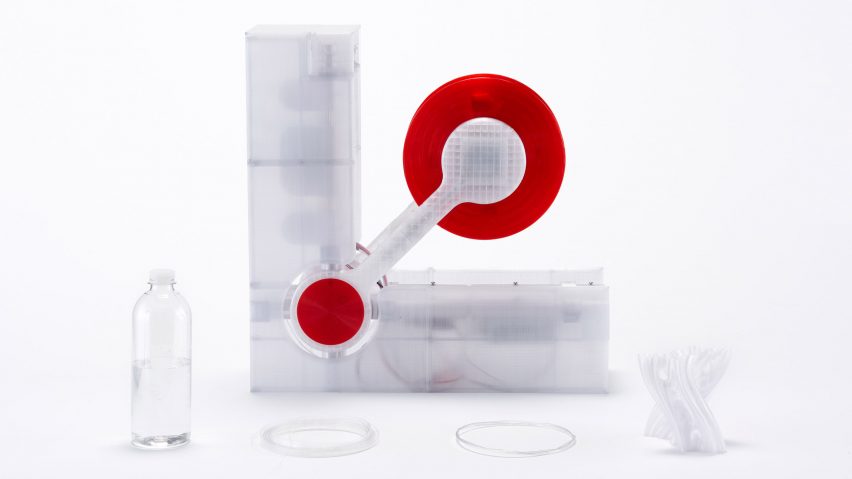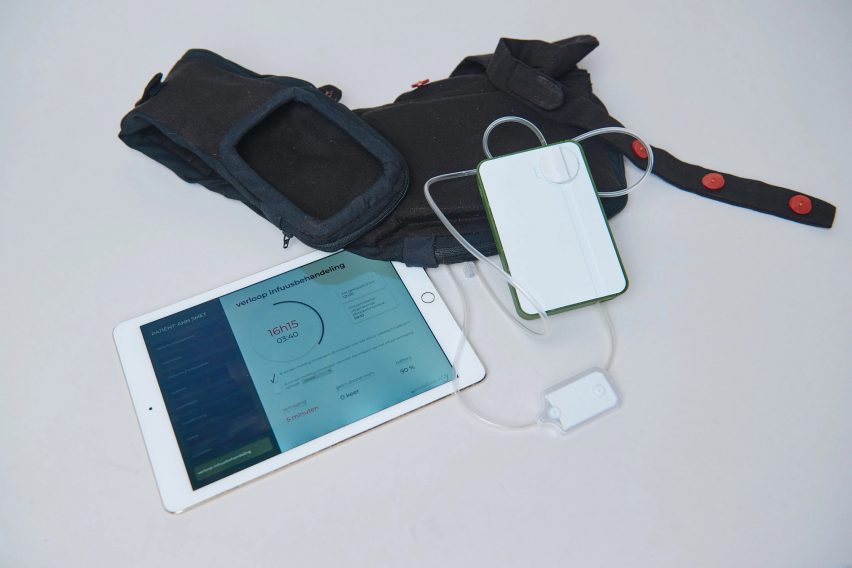SmartHEAL wound dressing wins top prize in 2022 James Dyson Awards
The James Dyson Awards’ grand prize winner for this year’s James Dyson Awards has been announced as a trio of Warsaw University of Technology PhD students. Their SmartHEAL sensor, which can be integrated into a dressing to monitor how wounds are healing, was developed by the Warsaw University of Technology.
The smart sensor, designed by Tomasz Raczyński, Dominik Baraniecki and Piotr Walter, measures the pH balance of a wound to detect possible infections without needing to change the dressing – as this can disrupt the tissue and actually cause infection.

This is especially true for elderly people, who have a greater risk of developing chronic injuries. Chronic wounds can cause complications or even death in quarter of patients over 70.
“We offer instant results, non-invasive products that lead to faster healing processes and can reduce wound healing time and prevent amputations for thousands of patients,” explained the inventors.
“Our manufacturing technology allows us to scale up production and make our product affordable for everyone.”

SmartHEAL uses an electronic pH sensor printed on a textile backing. It doesn’t need batteries or power to work.
Instead, the sensor uses radio frequency identification (RFID) to communicate information about the wound’s state. The wireless communication system uses radio waves to transmit data about the wound’s pH. Users can access this information by simply touching a mobile device on the sensor.
“Key to our solution” is our new technology of manufacturing dressings using an integrated sensor. It involves scalable and simple-to-implement thermal transfer technology with screen printing technology.
“It can also be washed, stretched and won’t break.”

As the winners of the James Dyson Awards grand prize, the trio will receive £30,000 in prize money. These funds will be used to finish SmartHEAL’s clinical trials and start testing phases. The goal is to get the product on the market by 2025.
James Dyson, a British inventor and founder of the award that selects the grand prize winners each year, stated: “I hope this award will give the team the impetus to continue down the difficult path towards commercialisation.”
Another £30,000 was awarded to Polyformer – an open-source recycling machine that turns plastic bottles into 3D-printing filament – which was named this year’s global sustainability winner.
Swaleh Owais & Reiten Cheng designed the machine to aid makers in the Global South transform plastic waste into affordable, local and abundant design materials.
“We will use the prize money to deploy Polyformers and Polyformer Lites at our partner maker space in Rwanda,” explained the duo.
“With these machines students, designers, makers in Rwanda can have low-cost filament for 3D printing.”

The international runner-up prize for this year’s awards went to Ivvy by Charlotte Blancke – a wearable alternative to intravenous drip poles.
Every year, the James Dyson award recognizes excellence in student design, engineering, and research around the world. The grand prize and sustainability winner are selected from a list that includes 29 national winners.
The past winners included a home test kit for breast-cancer and a solar panel made of food waste. These panels can not only harvest power from the visible sun but also from the invisible UV rays.